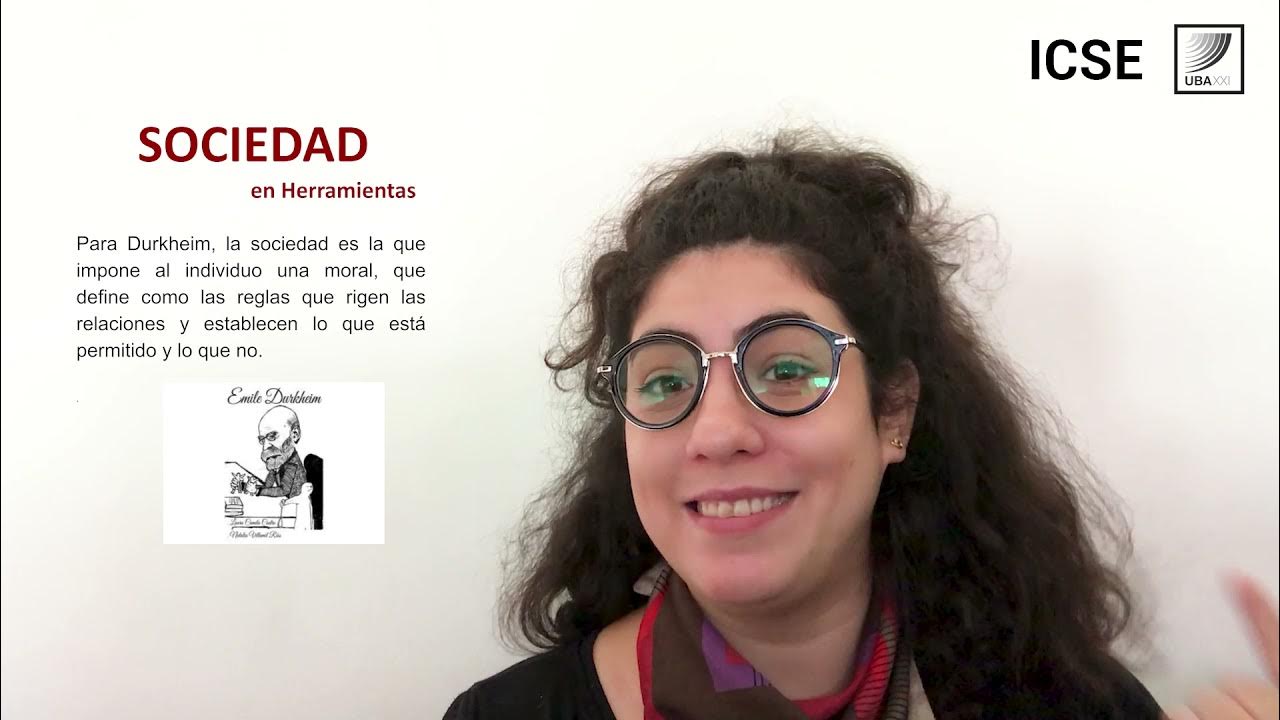Fundamentos Históricos, Filosóficos e Sociológicos da Educação - Uma introdução aos fundamentos
Summary
TLDRThis video lesson explores the historical, philosophical, and sociological foundations of education, focusing on its evolution over time. The speaker emphasizes the role of education in shaping individuals and societies, referencing key thinkers like Émile Durkheim. It covers the development of education in Brazil, starting with Jesuit influence and continuing through major historical phases, including Pombal reforms, the establishment of public education, and the impact of political changes. The lesson also touches on modern challenges and the future of education, such as new technologies, inclusion, and the role of media in learning.
Takeaways
- 😀 Education is a process of individual and group formation, deeply influenced by society and its values.
- 😀 Education is not just about transmitting knowledge but about creating possibilities for the construction of knowledge.
- 😀 Émile Durkheim emphasized that education is a social process, helping individuals become social beings through socialization.
- 😀 Durkheim critiqued individualistic approaches to education, arguing that education must focus on societal integration and not just personal development.
- 😀 Education in any society serves to transmit societal norms, values, and practices to future generations.
- 😀 Historical analysis of education allows us to understand the societal transformations that shape educational practices over time.
- 😀 The historical periods in education, like the Jesuit period, Pombal reforms, and the Republican era, are often arbitrary divisions used to understand educational evolution.
- 😀 The 'Escola Nova' movement of the 1930s sought to introduce progressive educational methods, which contrasted with traditional pedagogies.
- 😀 The 1964 military dictatorship in Brazil led to widespread censorship and repression within educational institutions.
- 😀 The re-democratization of Brazil after 1985 brought about new developments in inclusive education, focusing on modern technological and media influences.
- 😀 Understanding education’s historical context, such as the laws, thinkers, and key reforms, helps us grasp the current state and future of education.
Q & A
What is the primary focus of the first video lecture in the course on education?
-The primary focus is to explore the historical, philosophical, and sociological foundations of education, and how education is defined and evolves within the context of society.
According to the script, why is it important to understand the historical, philosophical, and sociological foundations of education?
-Understanding these foundations is important because education is a process of forming individuals and groups, transmitting societal knowledge and values, and evolving over time. This understanding helps explain the relationships between teachers, students, and the act of educating across different historical periods.
How does the sociologist Émile Durkheim's view on education differ from individualistic perspectives?
-Émile Durkheim argued that education is not just about individual knowledge or skills but is a social process. He emphasized that education serves as a form of socialization, where individuals internalize societal norms and values through interaction and social contexts, rather than focusing on isolated individual development.
What does Durkheim mean by the statement, 'education is a moment of socialization'?
-Durkheim means that education is not merely the acquisition of knowledge but a process where individuals transition from being isolated, individual beings to becoming integrated members of society, equipped with the values and norms necessary for collective life.
Why does the script stress the idea that historical divisions in educational periods are arbitrary conventions?
-The script stresses this point to highlight that the way we divide history into periods like 'Jesuit education,' 'Pombaline reforms,' or 'Republican education' is a way to help structure and study the evolution of education. These divisions are not inherent truths but practical tools for understanding complex historical developments.
What is the significance of the Manifesto dos Pioneiros da Educação Nova (1932) in the history of Brazilian education?
-The Manifesto dos Pioneiros da Educação Nova, issued in 1932, represents a significant movement for educational reform in Brazil, advocating for progressive and modern approaches to education, which contrasted with traditional pedagogies of the time.
How does the script describe the role of Jesuits in early Brazilian education?
-The script describes the Jesuits as central to the establishment of formal education in Brazil during the colonial period. They set up over a hundred schools in the territory, focusing on religious and moral instruction, until their expulsion in 1759, which was part of the broader Pombaline reforms.
What is the importance of the 'Reformas Pombalinas' and how did they impact education in Brazil?
-The Reforms Pombalinas, initiated by the Marquis of Pombal, sought to diminish the influence of religious institutions, particularly the Jesuits, in education. They marked a shift toward state control of education, focusing on creating a more secular and centralized educational system.
What does the script mean by the phrase 'history as a rational means to investigate the past'?
-This phrase means that history is not about predicting the future, but about explaining and understanding past events and processes. History helps us grasp the differences between past and present, providing insights into the reasons behind societal changes and educational development.
How does the script frame the development of Brazilian education in the 20th century?
-The script outlines key historical markers, such as the rise of primary education in the 19th century, the establishment of the first education laws like the LDB in 1961, and the impacts of the military dictatorship from 1964-1985. It suggests that these moments represent significant shifts in educational philosophy and practice, each shaped by social, political, and ideological factors.
Outlines

此内容仅限付费用户访问。 请升级后访问。
立即升级Mindmap

此内容仅限付费用户访问。 请升级后访问。
立即升级Keywords

此内容仅限付费用户访问。 请升级后访问。
立即升级Highlights

此内容仅限付费用户访问。 请升级后访问。
立即升级Transcripts

此内容仅限付费用户访问。 请升级后访问。
立即升级5.0 / 5 (0 votes)






